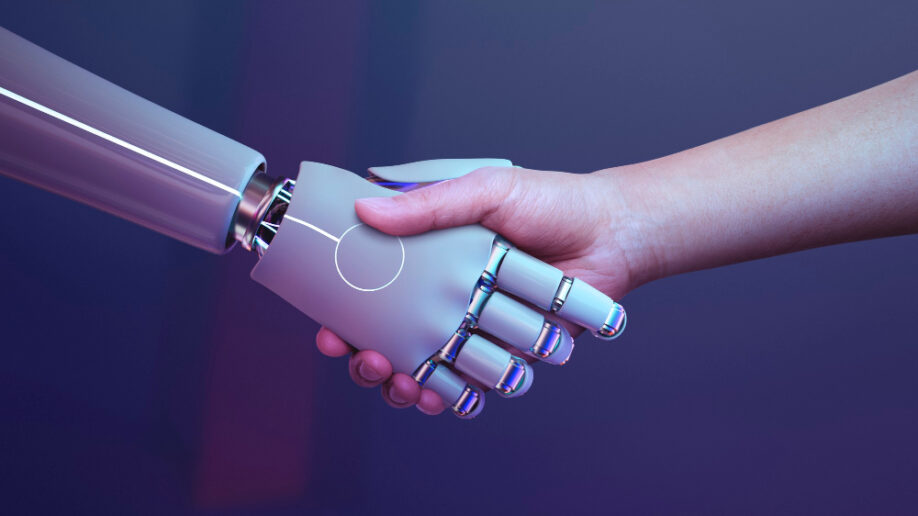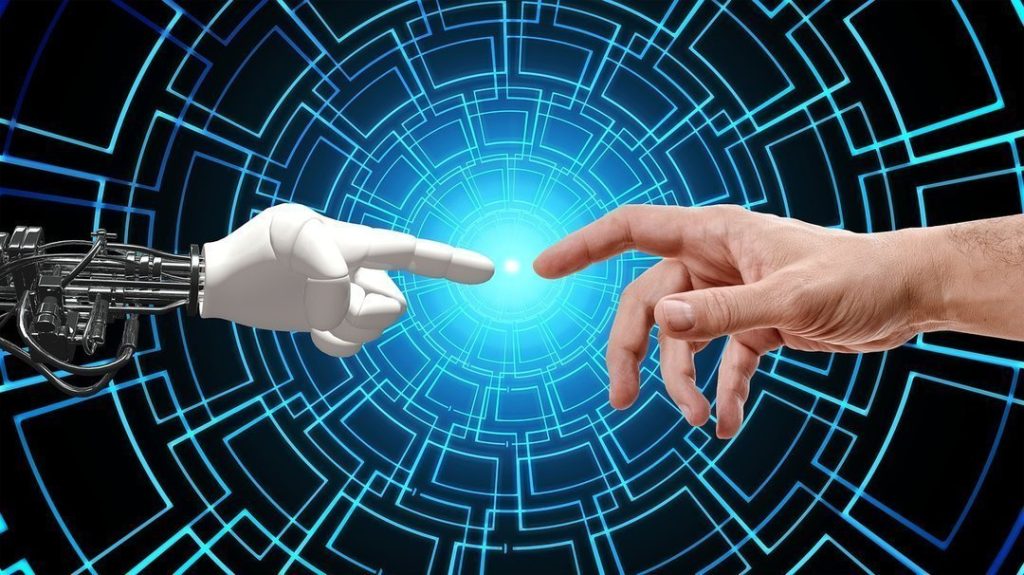
It is no secret that Artificial Intelligence (AI) is rapidly becoming a major part of our lives. From self-driving cars and facial recognition to voice assistants and robotics, AI is already impacting our lives in ways both big and small. But what are the implications of this technology on the future of human life?
In general, AI has the potential to both improve and disrupt our lives. On the one hand, AI can be used to make our lives easier and more efficient. For example, AI-based technologies can be used to automate mundane and repetitive tasks, freeing up humans to focus on more creative and meaningful work. AI can also be used to improve decision-making and forecasting, leading to better outcomes for society as a whole.


On the other hand, AI also has the potential to disrupt our lives in ways that are difficult to predict. For example, AI-based automation could lead to job loss for certain categories of workers, resulting in increased inequality and poverty. Additionally, AI systems can also be used for malicious purposes, such as targeted attacks on individuals or groups. As such, the implications of AI on human life must be carefully considered.
AI is also having an impact on the way we access information and communicate with one another. With the rise of digital assistants like Google Home and Amazon Alexa, many people are now able to access information and communicate with one another in ways that were previously unimaginable. AI-based technologies are also making it easier for people to access and create personalized content, such as music, videos, and books.
AI is also being used to improve healthcare. AI can be used to diagnose diseases and provide personalized treatments, helping to improve patient outcomes. AI-based systems can also be used to improve medical imaging and identify patterns in medical data, leading to improved medical outcomes.
AI is also being used to improve the educational experience. AI-based systems can be used to create personalized learning experiences, allowing students to learn at their own pace. AI-based tutoring systems can also be used to provide personalized instruction and feedback, helping to improve student performance.


Finally, AI is being used to create more equitable and inclusive systems. AI-based algorithms can be used to detect and address biases in data, helping to reduce discrimination and create more equitable systems. Additionally, AI-based systems can be used to identify and address.
This article was written by an artificial intelligence called CHATSONIC
Links to useful articles
“The Impact of Artificial Intelligence on Society” by Future of Life Institute.
“The Impact of Artificial Intelligence on Human Life” by The New York Times
“The Impact of Artificial Intelligence on the Future of Humans” by the Pew Research Center and Elon University’s Imagining the Internet Center
No related posts.

